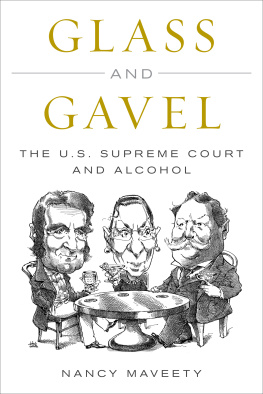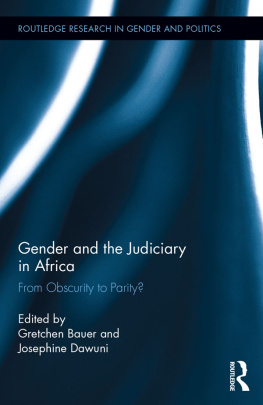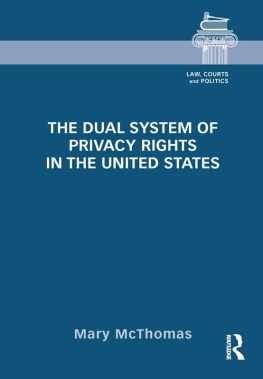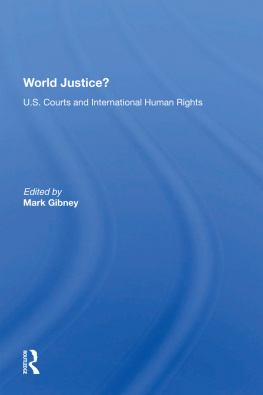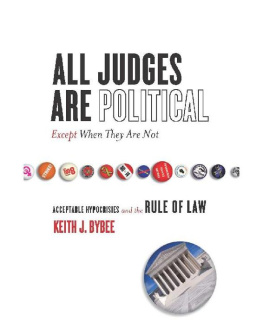David M. Beatty - The Ultimate Rule of Law
Here you can read online David M. Beatty - The Ultimate Rule of Law full text of the book (entire story) in english for free. Download pdf and epub, get meaning, cover and reviews about this ebook. year: 2004, publisher: Oxford University Press, genre: Politics. Description of the work, (preface) as well as reviews are available. Best literature library LitArk.com created for fans of good reading and offers a wide selection of genres:
Romance novel
Science fiction
Adventure
Detective
Science
History
Home and family
Prose
Art
Politics
Computer
Non-fiction
Religion
Business
Children
Humor
Choose a favorite category and find really read worthwhile books. Enjoy immersion in the world of imagination, feel the emotions of the characters or learn something new for yourself, make an fascinating discovery.

- Book:The Ultimate Rule of Law
- Author:
- Publisher:Oxford University Press
- Genre:
- Year:2004
- Rating:3 / 5
- Favourites:Add to favourites
- Your mark:
The Ultimate Rule of Law: summary, description and annotation
We offer to read an annotation, description, summary or preface (depends on what the author of the book "The Ultimate Rule of Law" wrote himself). If you haven't found the necessary information about the book — write in the comments, we will try to find it.
Beatty develops a radical alternative to the conventional view that in deciding these cases judges engage in an essentially interpretative, and thus subjective act, relying ultimately on their personal beliefs and political opinions. His analysis shows that it is possible to apply an impartial and objective method of judicial review, based on the principle of proportionality, which acts as an ultimate rule of law and is fully compatible with the ideals of democracy and popular sovereignty.
Controversially, Beatty concludes that although this method of judicial review originated in the United States, American judges generally appear to be far less inclined to this conception of constitutional adjudication than their counterparts in Europe, Africa, and Asia.
David M. Beatty: author's other books
Who wrote The Ultimate Rule of Law? Find out the surname, the name of the author of the book and a list of all author's works by series.


